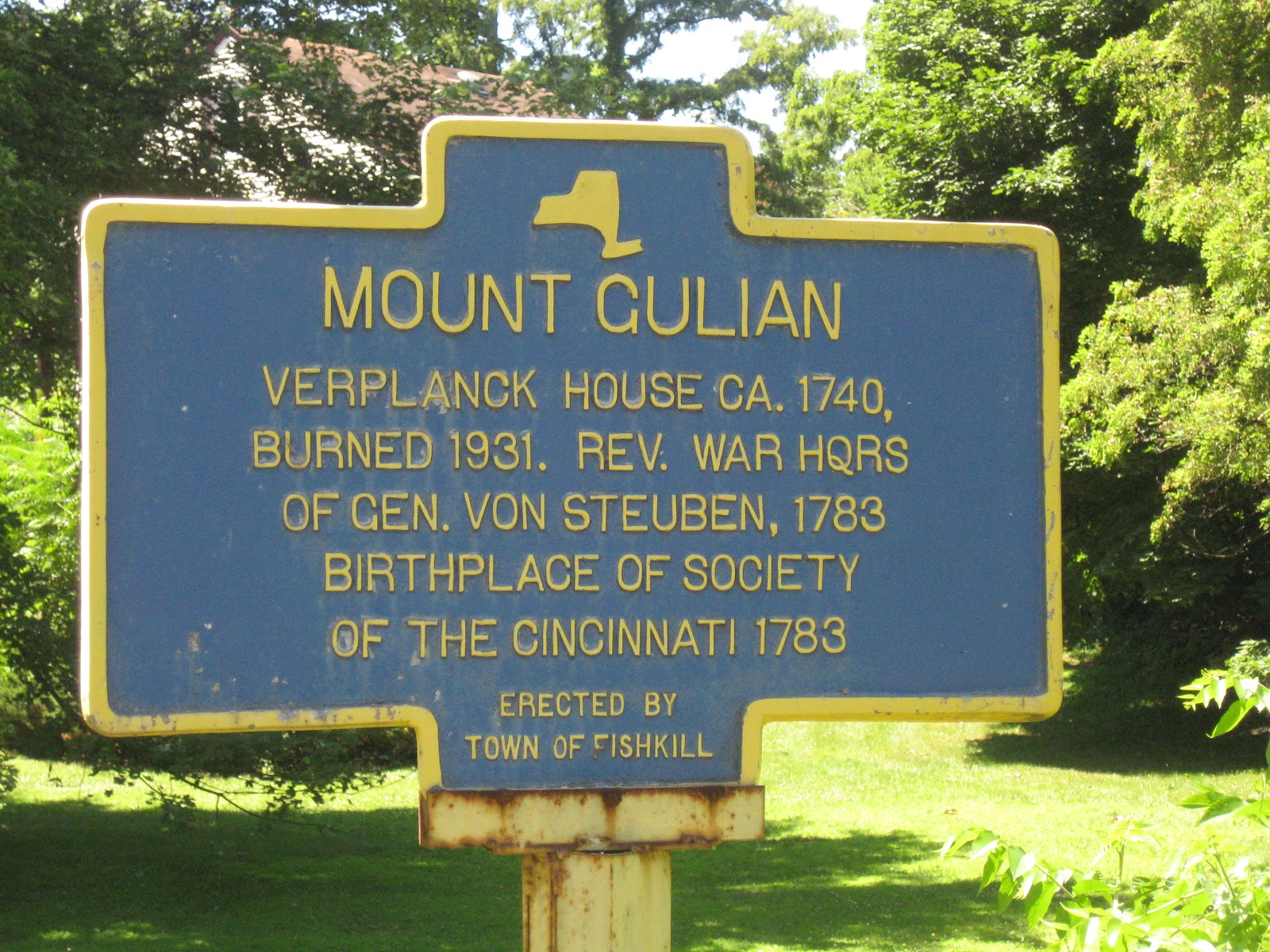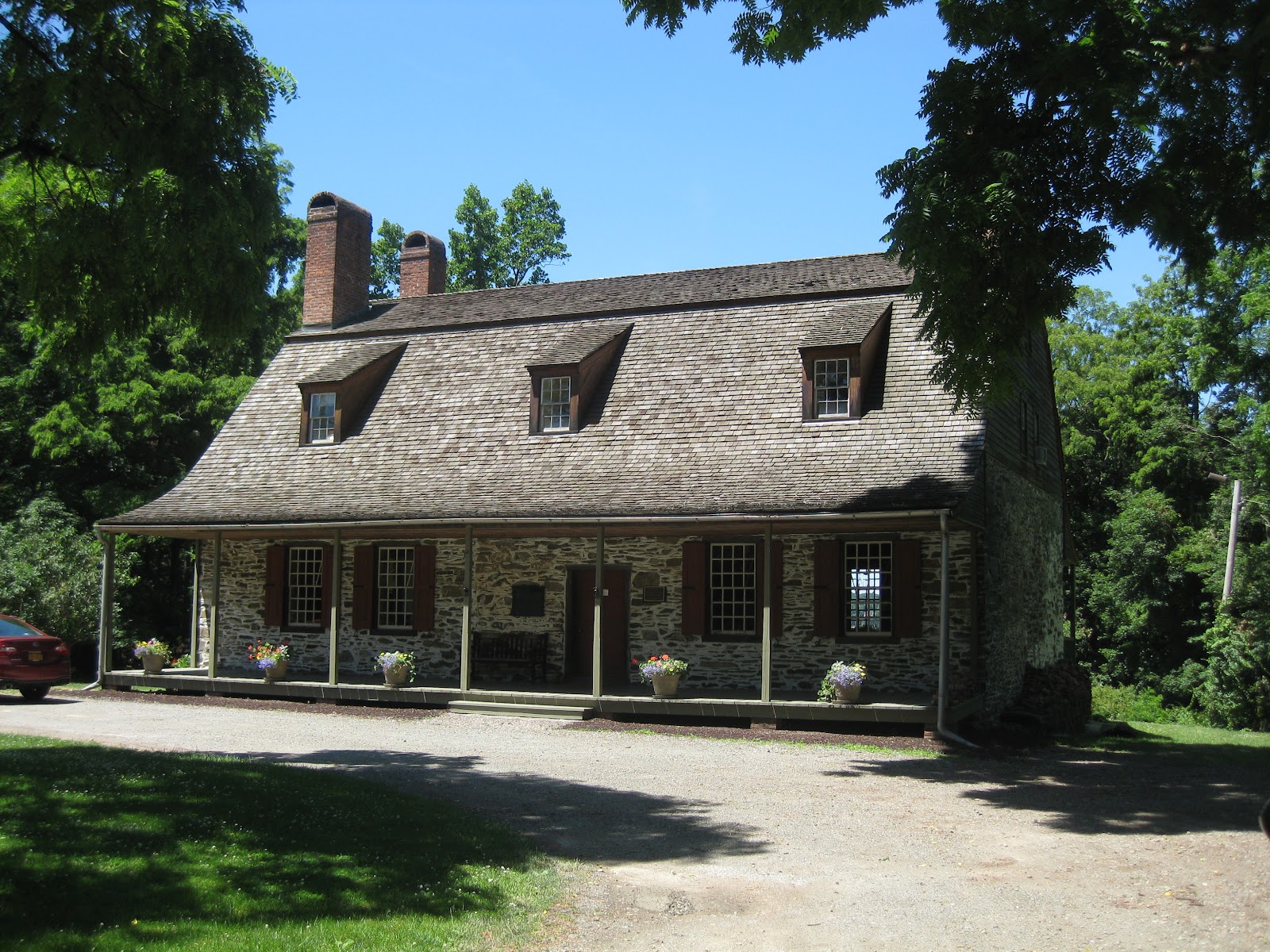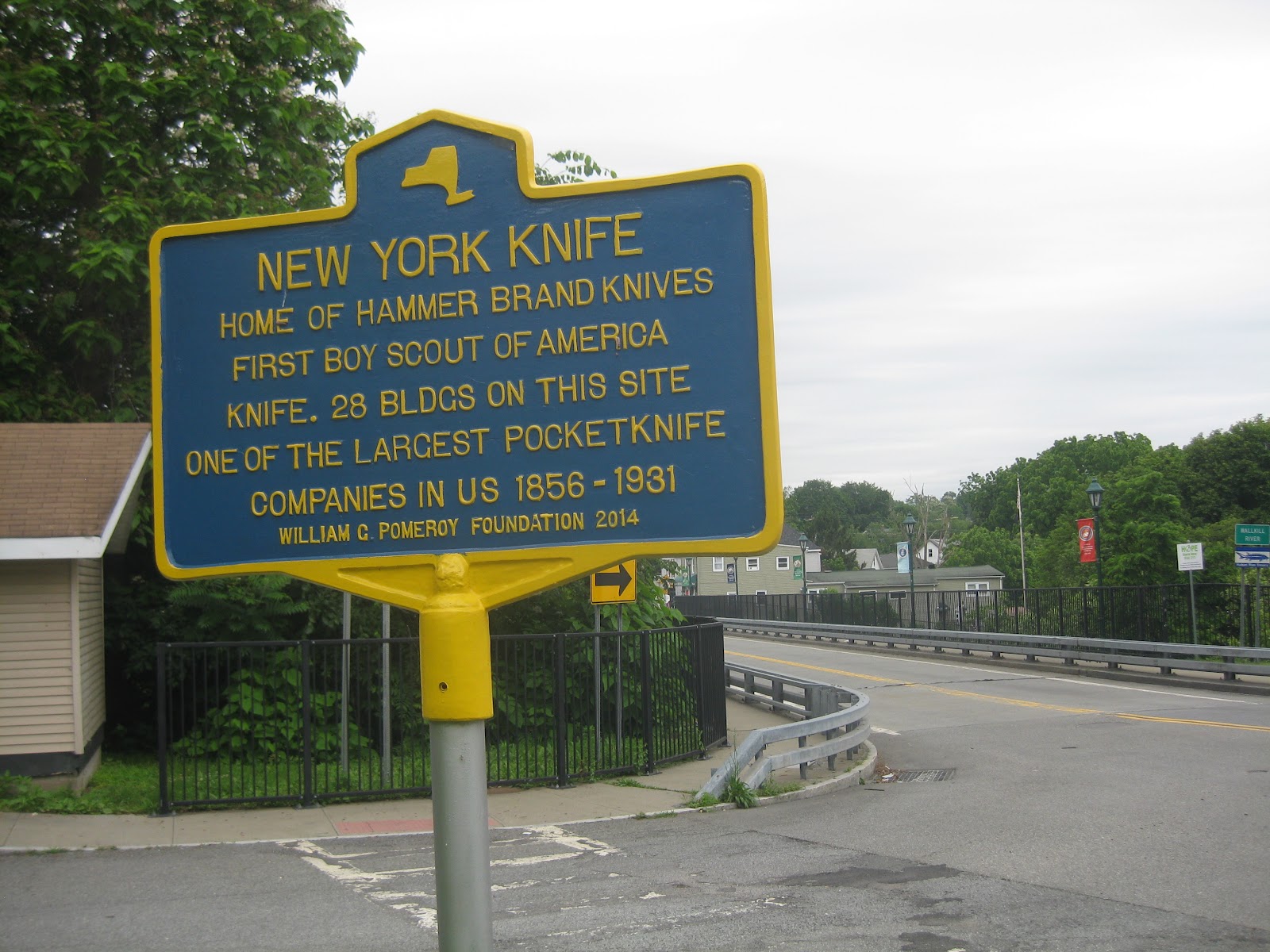Friedrich Wilhelm Steuben of Magdeburg, Prussia was born into the lower nobility of the Prussian Junker military class. Like his father before him, there was little doubt he would pursue the career of a military officer. (All Prussian boys were required to enlist in the army, but for him it would be his profession.) At age 16 he was enlisted as an officer candidate, learning the life of a common soldier, gradually working his way up over ten years as an ensign, lieutenant, captain. As a garrison officer, as a field infantry officer
(he was wounded twice, in two horrific battles), as a staff officer at the company and battalion levels and as a staff intelligence officer Steuben received about the best practical education an officer could get in tactics, strategy and caring for and running of an 18th century army. Steuben taught himself mathematics and French--the language used by sophisticated Europeans in general, and the European nobility specifically. He was befriended by Prince Henry, King Frederick the Great's brother and would befriend Karl Peter Ulrich of Schleswig-Holstein Gottorp. [1] With the Russian Czarina Elizabeth's death, Karl Peter suddenly became Czar Peter III, Czar of Russia. Because of his friendship with Karl Peter, Steuben could report to his King the new Czar's intention to seek peace. Steuben was on a fast track for promotion. King Frederick selected him as one of thirteen promising young officers to be schooled in strategy and high command to be taught by the king, himself!
And then, abruptly, it was all over! The candidate for high command was suddenly assigned a small garrison post on the frontier and soon after he was downsized out of the army. [2] Steuben became a courtier in a small German principality of Hohenzoleren-Hechinggen, in effect managing the social calendar of the prince and managing the affairs of the household, while he scrambled to find to find a suitable military position in one of the other armies of Europe. Rebuffed in attempts to secure commissions in armies of Austria, France, Britain and Baden he was near the end of his rope when he met an agent of Benjamin Franklin. The American diplomats Franklin and Dean could offer him neither a promise of a commission in the American Army nor any money to travel to America. After initially rejecting the Americans non-offer Steuben returned to Baden only to realize how truly limited his options had become , He returned to Paris where he and the American diplomats padded his "resume" and with the help of a couple of French businessmen/diplomats/ military acquaintances secured for him a personal loan and cobbled together a small retinue of aides and interpreters. Franklin and Dean coached him on who he should get to know and what he should say to appeal to the Americans. In a few weeks the impoverished, minor nobleman, a Prussian captain who once had come to attention of Frederick the Great was now a "Lieutenant-General of the Prussian Army", and "advisor to the great warrior king", professing a desire to aid the cause of Liberty and democratic-republican government; a man of "substance", a man wealthy enough, though unemployed, to travel with a retinue of servants and translators. (To Congress, this suggested he could be hired cheaply!)
In America, the Baron played his part superbly. Gregarious, affable, down-to-earth yet courtly and refined, he was adored by Boston society and likewise, he sailed through the scrutiny of Congress, in exile, now meeting inYork, Pennsylvania, General Washington was a bit more reserved as he was just recovering from the "Conway Cabal," a conspiracy to throw Washington from office led by Thomas Conway and Horatio Gates. (In York, Steuben had met and dined with Gates several times and they appeared to have "hit it off",) Yet at the Continental Army's winter camp at Valley Forge Steuben worked his way into Washington's favor, by serving as an observer/critic of the Army's operations, sending Washington frank, astute, insightful reports/recommendations. After Conway resigned the army, Washington was able to appoint Steuben Inspector General. (Conway's plotters in Congress had previously gotten Conway appointed as Inspector General to enable him to build a case for Washington's dismissal.)
Steuben's most important task was to train Washington's Army to fight effectively as a modern 18th century army. It was not so difficult to train up a dozen or so men to form a compact line of battle; to load and fire their muskets in a tight devastating volley and to do it again, quickly! (Once every fifteen seconds was the objective.) But it was more difficult to train the same dozen or so men to go from a column along a line of march to form a line of battle or to advance or withdraw, or advance or withdraw at a 45 degree angle or to wheel in a straight line around an end soldier to turn the line of battle 90 degrees. And be ready and in position at all times to deliver the compact devastating volley at a moment's command which could turn the tide of battle. But of course, 18th century battles were not fought with squads of a dozen soldiers, but with regiments each with four to ten dozen men which needed to move as one, and brigades composed of several regiments. To accomplish his training, Steuben trained a model regiment composed of the best leaders from each of the regiments and when they were trained sent them back to train their regiments, under Steuben and his aides watchful eyes. Then the General organized regular brigade and even army-wide maneuvers. Besides his training role, Steuben was 'Inspector' General, in charge of overseeing the daily operations of Valley Forge, a camp that had become the third largest city in America! Though he could only recommend changes to Washington, the Commander rarely failed to act promptly on them. From the distribution of rations and supplies, to the placement and construction of redoubts and other defenses, to improvements of an important bridge into camp, to the relocation of latrines-(and enforced use of them), to standardization of regiment sizes, to the assessment of penalties for soldiers infractions Steuben's direct influence was felt.
Rt52, west of Rt 84 between Beacon and Fishkill
In June British General Clinton decided to move his army from Philadelphia to New York. Washington had now enough confidence in his trained army to send them against a British main army in open battle. They struck against the rear of Clinton's column at Monmouth Courthouse, NJ. When the British counter-attacked Washington's general commanding the operation, Charles Lee, lost his nerve, ordering a general retreat. A furious Washington, with Steuben's help turned the retreat around driving the British from the field but the British were able to complete their withdrawal to New York. Washington's army joined General Heath's army north of the City and forming a wide arc into New Jersey with a main concentration of forces at Middlebrook and a winter encampment at Morristown. Though constantly on the move, as Inspector General, Steuben established quarters at the main supply and repair depot in Fishkill, New York.

Steuben had trained the Valley Forge Army but the army in the North and the Continental forces operating in the South had still not been trained and with the short term enlistments, new solders were arriving and old ones leaving constantly. Under Washington's authority he would write a drill manual and book of army regulations covering virtually every aspect of army life. Providing consistency and uniformity throughout the Army, it would be used, unrevised until 1814. Next he turned his attention to the problem of supply and accountability. There was no system. The problems of loss, misallocation and graft were serious. Soldiers whose enlistments had expired often took their government issued uniforms, muskets and ammunition home with them when they left the army, leaving nothing for their replacements! Steuben required all officers to maintain account books detailing when, where and from whom they had received supplies and when where and to whom they were issued. And even individual soldiers were required to keep records of when supplies/equipment was acquired and used/ disposed of.
In the months that followed, while Steuben still ran the inspector general's office, and acted as Washington's personal representative for crucial issues before Congress, the Commander-in-chief several times appointed Steuben as a divisional commander for an upcoming operation or to head an advance guard, so respected and trusted was he that Washington no longer worried that his other generals might feel slighted by the assignment of this foreign officer. Following the surrender of Lincoln's army at Charleston and the disastrous defeat of Horatio Gates at the battle of Camden in South Carolina, Washington sent Nathanial Greene to try to rebuild the southern army. He sent Steuben as his second in command. While Greene mobilized the remnants of the shattered southern army to wage guerrilla war on the British Cornwallis, leading him on an exhausting chase throughout the Carolinas, gradually degrading his forces, the Baron in Virginia, focused on recruiting, training and suppling new soldiers for Greene's army. It was frustrating work for the Virginia legislature, short-sidedly continued to maintain small poorly trained, poorly equipped militias hoping these would be enough to turn away British attacks on their doorstep and did little to supported Steuben's effort to build the Continental army to defeat the British. Several times large British raids penetrated deep into Virginia, sweeping aside militia attempts to stop them. One result was that Steuben's Virginia supply depot and equipment shops were burned. Suddenly, fortune turned in favor of the Americans. Cornwallis, partly to escape Greene's troublesome attacks plunged into Virginia and established himself the port city of Yorktown, to rest and refit his army. But then a large French fleet defeated a smaller British fleet and temporarily seized control of Chesapeake Bay. Meanwhile the French expeditionary force, landed at Providence, Rhode Island met up with Washington's Continentals on the Hudson and the two armies raced to Virginia to turn Cornwallis' temporary haven into a steel trap. As the armies marched, Washington gave Steuben command of one of his three divisions. After a few days, and some serious cannonading by the French and Americans, Cornwallis surrendered his 7000 man army.
Rt.9D Beacon
Following Cornwallis' surrender, Washington's army returned to its lines on the Hudson to continue a watchful eye on the British Army occupying New York. Across the river from the main cantonment near Newburgh, Steuben set up his headquarters in Beacon. From there he continued his work as Inspector General and consulted with Washington on his recommendations to Congress for a peacetime army. (Both envisioned a small professional army to maintain posts on the frontier and larger professionally trained state militias that could be activated for emergencies.)
As peace loomed Steuben worked to form a fraternity of Revolutionary War officers, the Society of Cincinnati
[3] but came under criticism for advocating that sons of members could become members, as the public rejected any notion of an organization that might result in a new class of nobility.
After the war's end both Pennsylvania and NewYork granted Steuben citizenship. Worn out by long years of arduous service Steuben retired, living in New York where he could petition Congress for compensation for his past services that had been vaguely promised him. His supporters encouraged him to ask for awards of from $8000 to $45000. Finally, he received $2000. The General leased a large house for entertaining, spending extravagantly on renovations but had to let it go as he continued to live beyond his means. In 1786 he became president of the German Society a support organization for German immigrants, a post he held to his death in 1794. New Jersey, Pennsylvania, and New York all gave him grants of undeveloped land. The Baron sold off his New Jersey and Pennsylvania properties but moved to his 16,000 acre tract north of the Mohawk River to become a tenant farm landowner. Intending to build a large estate in the future, Steuben built a several room log cabin until his finances improved. But with land so cheap and accessible following the revolution, most tenants did not stay long and others bought their farms from him. Steuben's enterprise did not prosper.
Rt. 20, Duanesburg, cor. of Duanesburg Churches Rd.
Two of the Baron's most trusted aides, Benjamin Walker and William "Billy" North regularly stayed with him, assisting him through much of his retirement. Steuben expressed great affection for his "kids" though both left his regular service to pursue careers and have families. He formally adopted both, leaving most of his property and assets to them. A new secretary/companion John Mulligan would be with him when the Baron died in 1794.
Benjamin Walker has a NYSHM near his grave in the Forest Hills Cemetery in Utica.
[1] Prince Henry was widely recognized as a homosexual. Czar Peter III was "polyamorous" and had a strained relationship with his Czarina Catherine. After a reign of only 186 days he would be overthrown by plotters led by her. She would reign as "Catherine the Great" and he would die mysteriously with the cause reported by the royal court as "hemorrhoids".
[2]In the hot bed of court intrigue, rumors including allegations of pederasty swirled about the name Steuben. His chances for advancement on the continent rapidly dimmed. The Baron never denied his homosexuality, but not pedophilia. He lived discretely, never marrying and developing close emotional (paternalistic? romantic?) friendships to several younger adjutants and aides throughout his life.
[3] Cincinnatus was a roman farmer/soldier who when Rome was under attack accept the position of Commander/dictator. then surrendered the position once the emergency was over, returning voluntarily to his farm.
Next Time-- Steuben: Part II, the Markers ( or, as important as Steuben was to the American Revolution,Why were there at least eight New York State Historical Markers directing motorists to his home in retirement and at least eighteen more detailing his life in retirement, his gravesite and his tomb!?)











